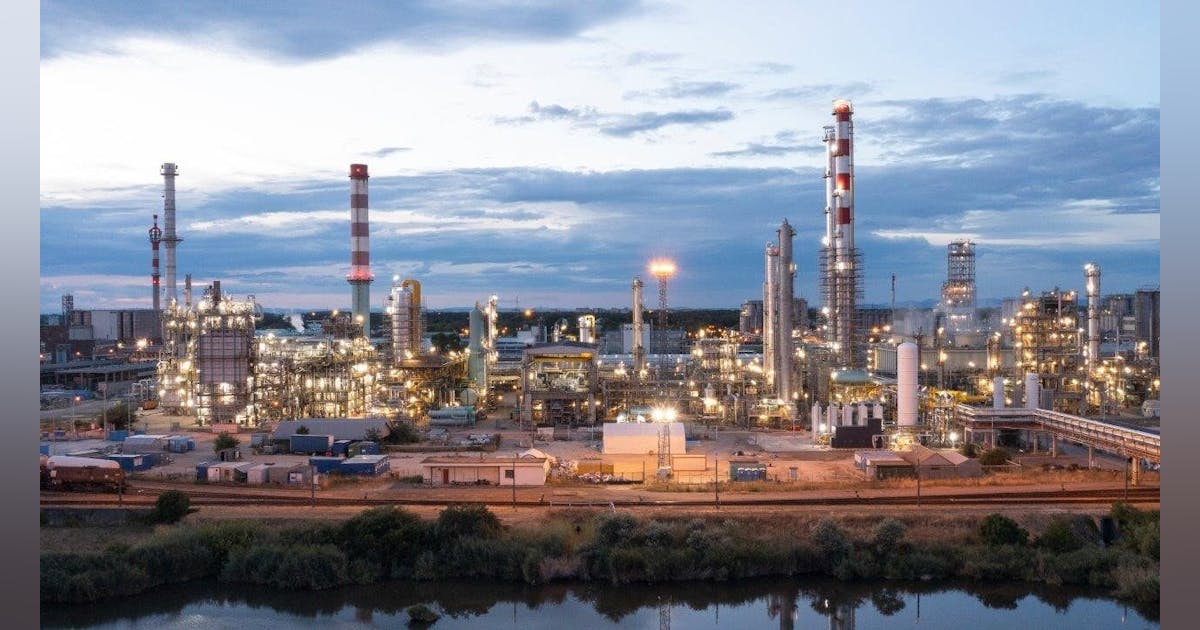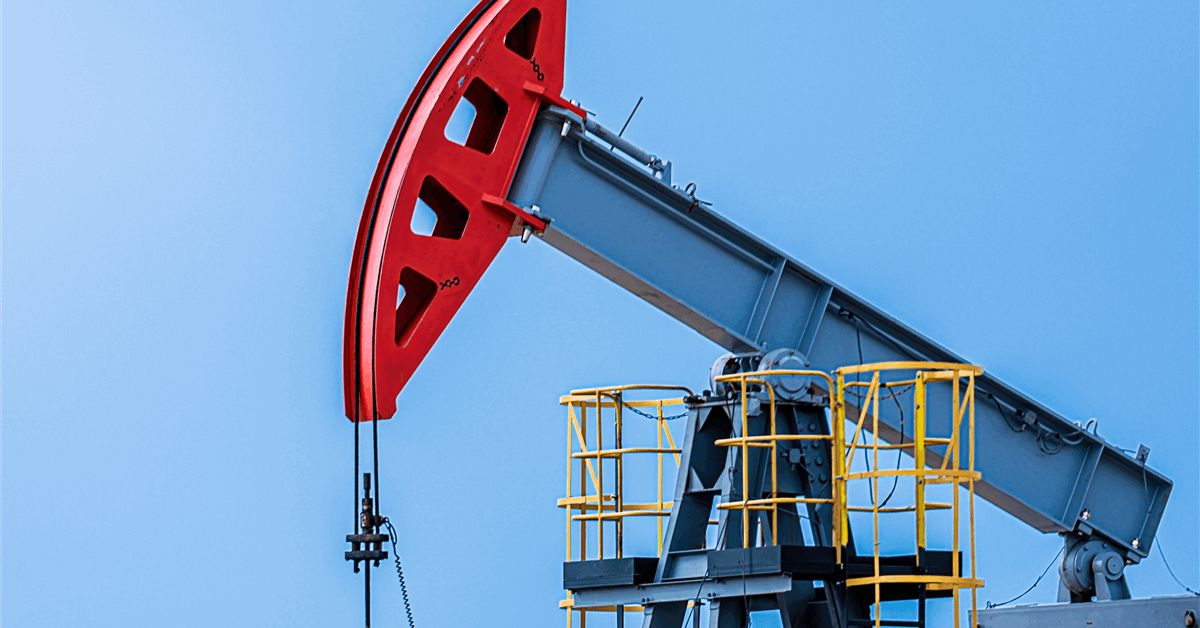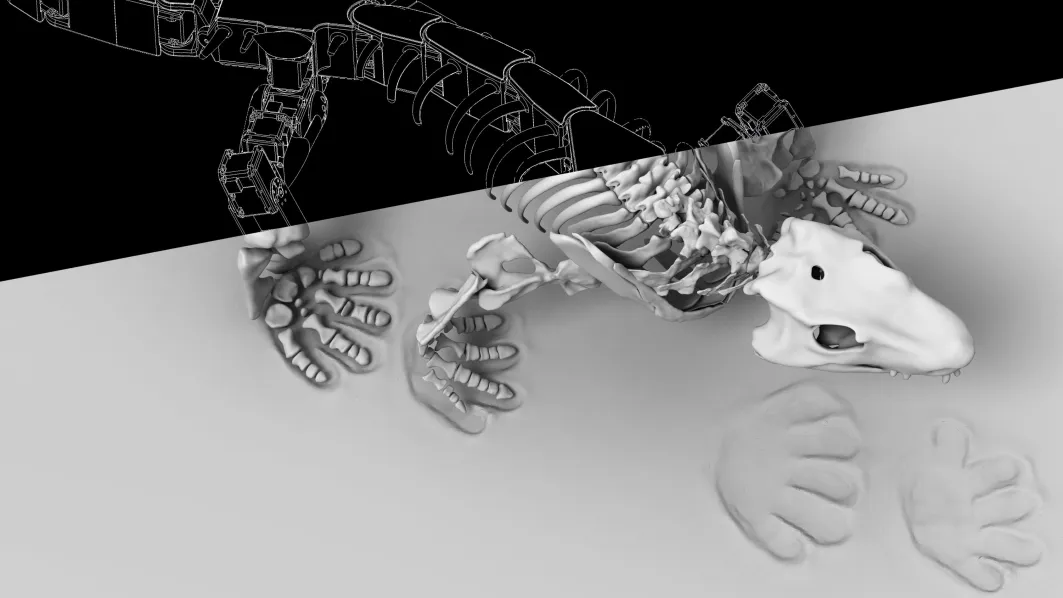
MOL Group has completed its first certified production trial using circular feedstock at subsidiary MOL Petrochemicals Co. Ltd. complex in Tiszaújváros, Hungary, advancing the company’s strategic push toward circular economy integration in petrochemical production.
Confirmed completed as of Sept. 15, the pilot marked MOL Group’s first use of post-consumer plastic waste-based feedstock in the production of polyethylene (PE) and polypropylene (PP), the operator said via an e-mailed statement.
The process was conducted under the International Sustainability and Carbon Certification (ISCC) PLUS framework, which ensures traceability and sustainability of bio-based and circular raw materials across complex supply chains.
Péter Császár, senior vice-president of MOL Group Chemicals, said the pilot demonstrates that the company can process circular feedstocks at industrial scale while adhering to a certified mass-balance methodology.
“This is a significant step toward sustainable petrochemicals and strengthens our position in the circular economy across Central and Eastern Europe,” Császár said.
Certified mass-balance approach
As part of the pilot test, MOL Group introduced circular feedstock into the Tiszaújváros complex’s naphtha-based steam cracker, enabling the production of monomers (such as ethylene and propylene), which were then polymerized into PE and PP. MOL used the mass-balance approach, a chain-of-custody model that tracks the quantity of sustainable material in a process where traditional and circular inputs are mixed, allowing certification of the output’s recycled content.
MOL Petrochemicals in Tiszaújváros and fellow MOL subsidiary Slovnaft AS in Bratislava both received ISCC PLUS certification in 2024 for their steam-cracking and polymerization units, allowing such feedstock tracking and product attribution, the company said.
SHAPE TOMORROW strategy
The pilot production run supports MOL Group’s SHAPE TOMORROW strategy, which aims to transform the company’s downstream segment by 2030 through circular economy integration, including plans to process up to 1.5 million tonnes/year (tpy) of alternative feedstock.
MOL said it will continue trials with alternative circular feedstocks while optimizing process configurations to scale commercial operations.
The pilot test comes alongside the operator’s ongoing construction of a new olefins conversion technology (OCT) unit construction at Tiszaújváros that, once operable, will have a production capacity of 100,000 tpy of polymer-grade propylene.
Previously scheduled to reach mechanical completion in 2024, MOL said in its latest annual report that the project’s completion has been delayed to 2026 due to reasons “beyond [the company’s] control.”






















